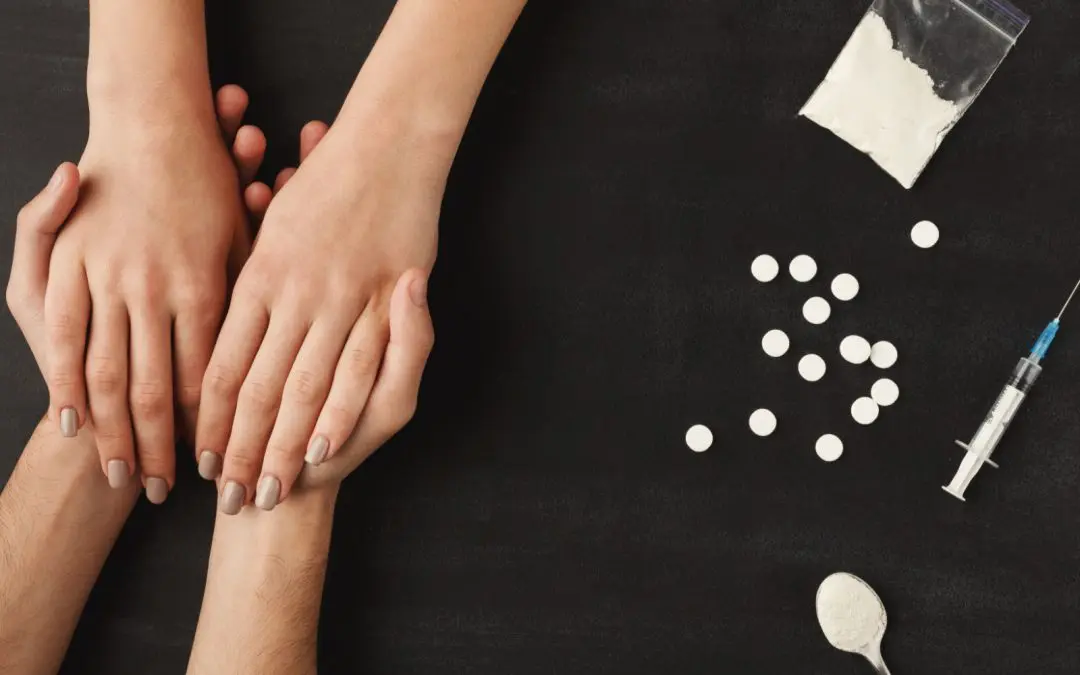24/7 Helpline:
(866) 899-221924/7 Helpline:
(866) 899-2219
Learn more about PTSD Treatment centers in Monroe County

Other Insurance Options

Self-pay options

United Health Care

Sutter

Providence

WellCare Health Plans

PHCS Network

Meritain

Excellus

Covered California

Coventry Health Care

Health Net

CareSource

GEHA

American Behavioral

BHS | Behavioral Health Systems

Cigna

Optum

Humana

MVP Healthcare

Molina Healthcare

LifeSkills Service Center – Monroe County
LifeSkills Service Center – Monroe County is a private rehab located in Tompkinsville, Kentucky. Lif...








































































































